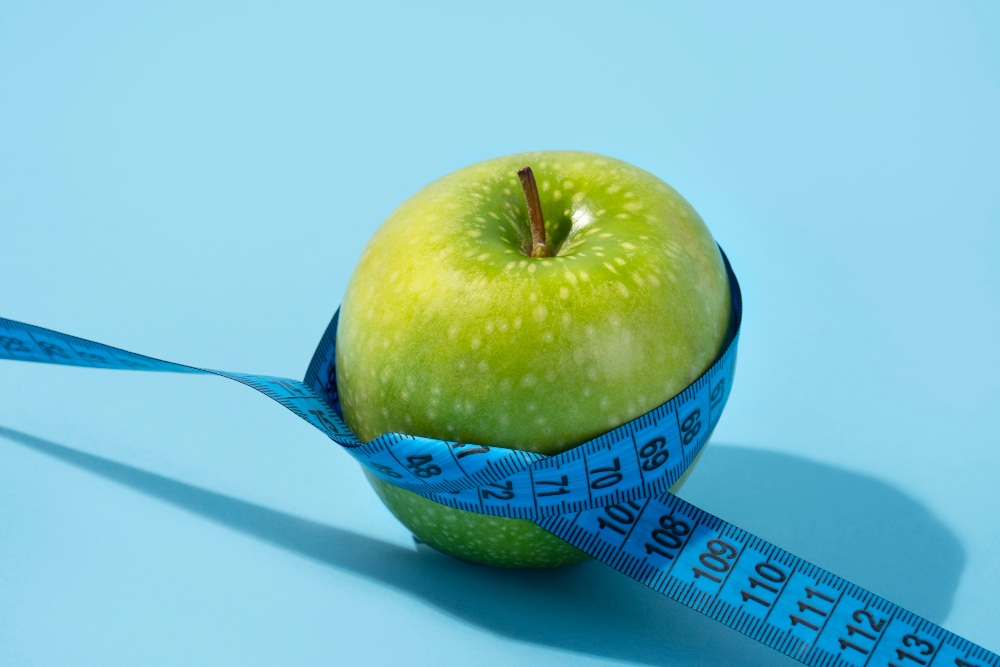
The Ultimate Guide to Fitness: Effective Tips for a Healthy Body and Mind
In today’s fast-paced world, maintaining fitness has become more important than ever. Fitness is not just about looking good; it’s about feeling good, being energetic, and leading a balanced life. A healthy body supports a healthy mind, and vice versa. Whether you’re a beginner or someone who’s been active for years, this comprehensive guide will provide you with valuable insights and practical tips to achieve and sustain fitness in your daily life.
Why Is Fitness Important?
Fitness improves your physical health, mental well-being, and overall quality of life. Regular physical activity reduces the risk of chronic diseases like diabetes, heart disease, and obesity. It also helps in managing stress, improving sleep, and boosting self-confidence. Being fit allows you to perform daily activities with ease and increases your lifespan.
1. Balanced Nutrition: The Foundation of Fitness
No matter how hard you work out, without proper nutrition, your body won’t perform at its best. Nutrition fuels your workouts, aids recovery, and builds muscle.
Macronutrients:
- Protein: Essential for muscle repair and growth. Include sources like lean meats, eggs, beans, and dairy.
- Carbohydrates: Primary energy source. Choose complex carbs such as whole grains, fruits, and vegetables instead of refined sugars.
- Fats: Necessary for hormone production and cell function. Opt for healthy fats like nuts, seeds, avocados, and olive oil.
-
Micronutrients: Vitamins and minerals from fruits, vegetables, and nuts are crucial for bodily functions and immunity.
-
Hydration: Water supports digestion, nutrient transport, and temperature regulation. Drink at least 8 glasses a day, more if you exercise.
-
Meal Timing: Eating balanced meals before and after workouts helps improve performance and recovery.
2. Effective Exercise Routine
Exercise is the cornerstone of fitness. The best fitness plan combines various types of workouts for a well-rounded approach.
-
Cardiovascular Exercises: Activities like running, cycling, swimming, and brisk walking improve heart health and endurance. Aim for at least 150 minutes of moderate cardio per week.
-
Strength Training: Lifting weights or using resistance bands builds muscle, boosts metabolism, and strengthens bones. Include strength training 2-3 times weekly.
-
Flexibility and Mobility: Yoga, Pilates, and stretching exercises improve flexibility, prevent injuries, and enhance movement.
-
Consistency Over Intensity: It’s better to exercise regularly with moderate intensity than to do occasional intense workouts.
3. Lifestyle Habits That Boost Fitness
Fitness extends beyond diet and exercise; lifestyle choices play a significant role.
-
Get Enough Sleep: Adults need 7-9 hours of quality sleep. Sleep helps muscle recovery and maintains hormonal balance.
-
Manage Stress: Chronic stress affects your health negatively. Practice relaxation techniques like meditation, deep breathing, or hobbies you enjoy.
-
Limit Sedentary Time: Avoid sitting for long hours; take breaks and move around regularly during your day.
-
Avoid Harmful Substances: Limit alcohol consumption and avoid smoking as they hinder fitness progress and harm overall health.
4. Setting Realistic Fitness Goals
-
Start Small: Set achievable goals, like walking 10 minutes daily or adding one vegetable to your meals.
-
Track Progress: Use fitness apps or journals to monitor workouts, diet, and improvements.
-
Stay Motivated: Celebrate milestones and seek support from friends or fitness communities.
5. Common Fitness Myths Debunked
-
Myth: More exercise is always better.
Overtraining can cause injuries and fatigue. Rest days are essential. -
Myth: Carbs make you fat.
Carbohydrates are necessary energy sources; the quality and quantity matter. -
Myth: You can target fat loss in one area.
Spot reduction is a myth; fat loss happens overall with consistent diet and exercise. -
Myth: Supplements are necessary for fitness.
Most nutrients should come from food; supplements can aid but aren’t a replacement.
6. Tips for Staying on Track
-
Create a Schedule: Plan workouts and meals ahead.
-
Mix It Up: Keep workouts varied to prevent boredom and plateaus.
-
Listen to Your Body: Rest when needed and avoid pushing through pain.
-
Seek Professional Help: A trainer or nutritionist can provide personalized plans.
Fitness is a lifelong journey that requires patience, consistency, and knowledge. With a balanced diet, regular exercise, and healthy lifestyle habits, anyone can improve their physical and mental well-being. Remember, the goal is not perfection but progress. Start today, and over time you will experience remarkable changes in your health and life quality.






